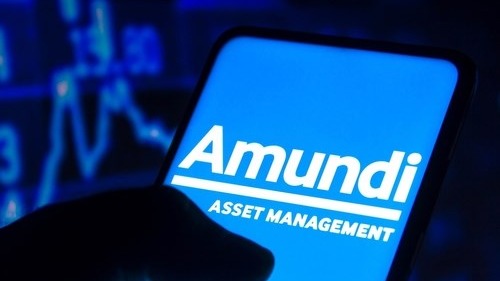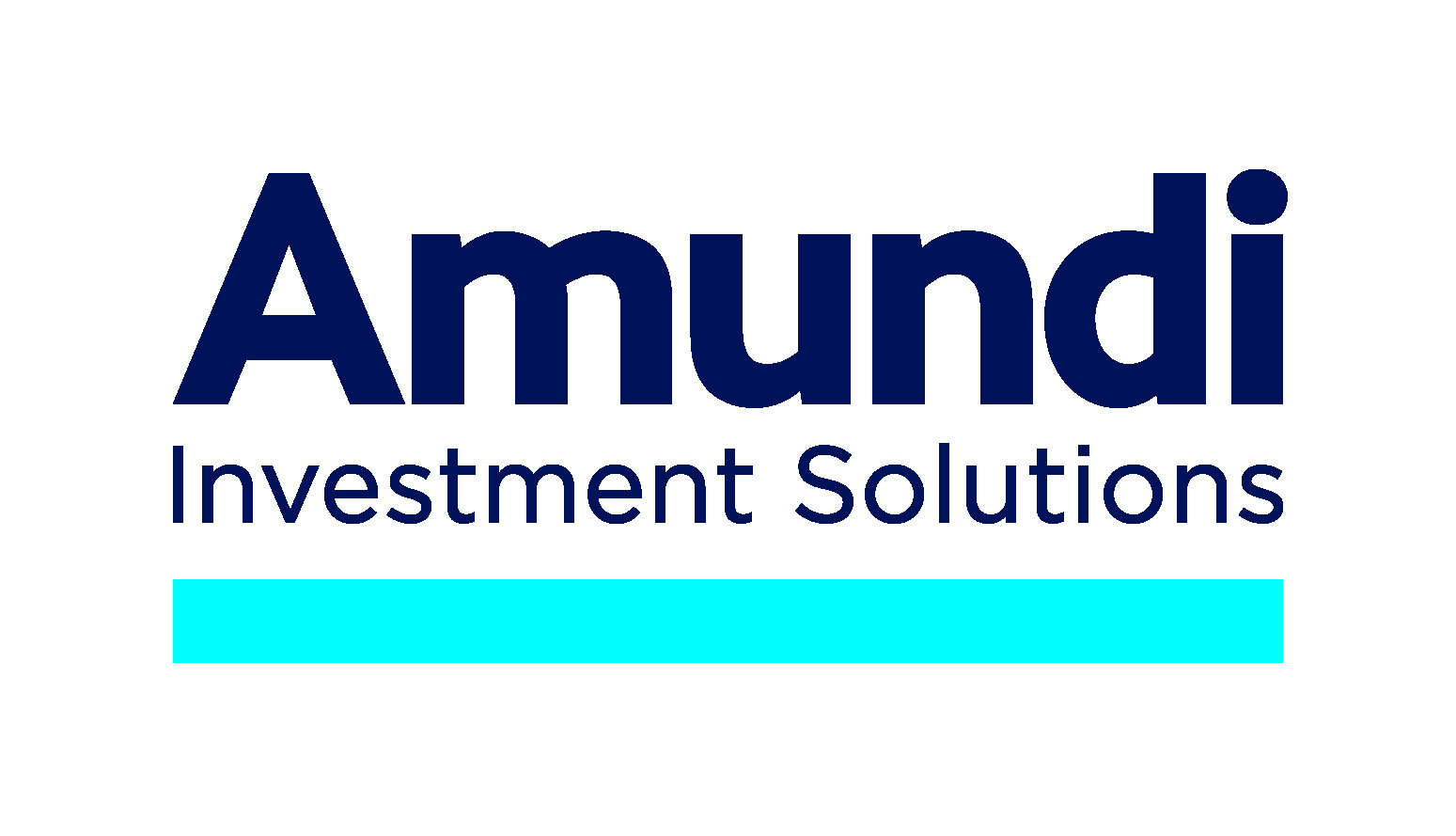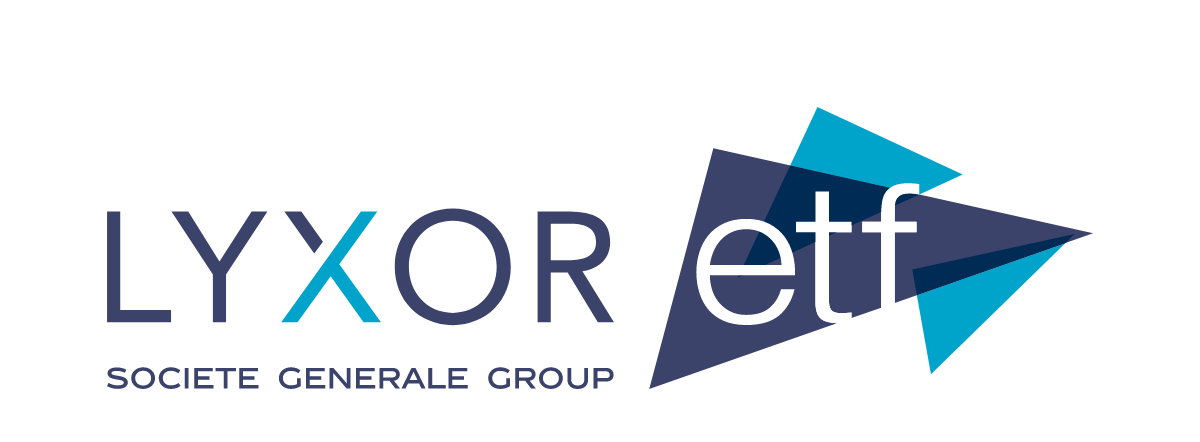Amundi has “almost entirely” realised the operational benefits of integrating Lyxor as passives accounted for most of the firm’s inflows in Q3.
The French asset manager said its costs increased by 2.3% versus Q3 2022 but the impact of some new expenses had been offset by efficiencies afforded by combining Lyxor personnel and products with its own.
“As in previous quarters, the impact of inflation, which stands at 4.3% year-on-year in the eurozone, and development investments were largely absorbed by productivity gains and synergies generated by the integration of Lyxor, which have now been almost entirely realised,” Amundi’s said in its Q3 results.
Over the quarter, Amundi continued consolidating its product range, merging Lyxor Euro Stoxx 50, robotics and AI, Latin America and high yield bond ESG ETFs into its own equivalent strategies while merging its global financials sector, Europe ESG Leaders and US breakeven inflation ETFs into larger Lyxor equivalents.
In October, the firm also renamed 38 Lyxor ETFs to Amundi rebranding including the €6bn Lyxor MSCI World UCITS ETF (WLDC) and €3.2bn Lyxor CAC 40 UCITS ETF (CAC).
Amundi noted all €57m of post-tax integration costs from its Lyxor acquisition from Société Générale had been recognised in 2021 and 2022.
Elsewhere in its Q3 results, the asset manager noted inflows into its passive index funds and ETFs totalled €10.8bn, comprising 79% of its total €13.7bn net new assets.
Of this, its retail segment boasted €2bn inflows with “strong activity” in ETFs and index funds as well as US Treasury products.
Valerie Baudson, CEO of Amundi, commented: “Our solutions, adapted to the high-interest-rate and high-inflation environment, continued to attract many clients against a backdrop of uncertainty, still characterised by significant risk aversion.
“Amundi generated high inflows of €14bn, driven by our two strategic development priorities, passive management and Asia.”
However, after catapulting itself to second position in the European ETF issuer ranking with its acquisition of Lyxor, Amundi’s advantage over rival issuer DWS was narrowed in Q3.
The German asset manager captured more than double Amundi’s ETF inflows over the quarter, with €7.5bn new assets equivalent to almost 20% of all exchange-traded product (ETP) flows.
Amundi has €210.8bn ETF assets under management (AUM) spread across 351 products versus €146.7bn and 215 ETFs for DWS, according to Bloomberg Intelligence data.





